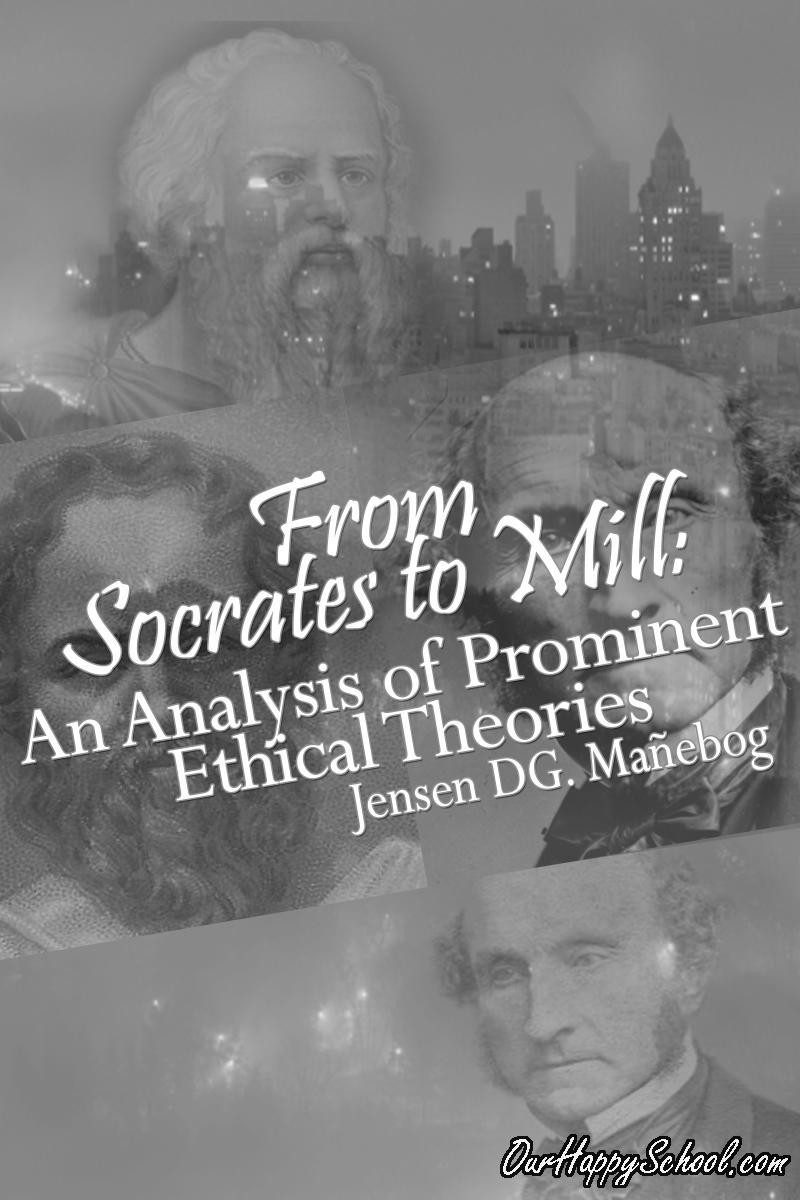Sponsored Links
TYPES OF INFERENCE
TYPES OF INFERENCE
 AN INFERENCE is a mental process by which we pass from one or more statements to another
AN INFERENCE is a mental process by which we pass from one or more statements to another
that is logically related to the former. Based on the number of their premise, inferences are basically classified into two:
1.Immediate Inference – consists in passing directly from a single premise to a conclusion. It is reasoning, without the intermediacy of a middle term or second proposition, from one proposition to another which necessarily follows from it.
Ex: No Dalmatians are cats. Therefore, no cats are Dalmatians.
All squares are polygons. Therefore, some polygons are squares.
Refer these to your siblings/children/younger friends:
HOMEPAGE of Free NAT Reviewers by OurHappySchool.com (Online e-Learning Automated Format)
HOMEPAGE of Interesting ARTICLES on Jose Rizal's LOVE Life, Works, and Writings
2.Mediate Inference- consists in deriving a conclusion from two or more logically interrelated premises. Involving an advance in knowledge, it is reasoning that involves the intermediacy of a middle term or second proposition which warrants the drawing of a new truth.
Ex: All true Christians are theists.
Paul is a true Christian.
Therefore, Paul is a theist.
The following outline serves as a guide in understanding the different types of inference according to various classifications.
I. Induction
II. Deduction
A. Immediate Inference
1. Oppositional Inference
a. Contrary Opposition
b. Contradictory Opposition
c. Subaltern Opposition
d. Subcontrary Opposition
2. Eduction
a. Obversion
b. Conversion
c. Contraposition
d. Inversion
3. Possibility and Actuality
B. Mediate Inference
1. Categorical Syllogism
2. Hypothetical Syllogism
a. Conditional Syllogism
b. Disjunctive Syllogism
c. Conjunctive Syllogism
3. Special Types of Syllogism
a. Enthymeme
b. Epichireme
c. Polysyllogism
d. Sorites
e. Dilemma
This outline explains, for instance, that the classic inference called conditional syllogism is a deductive mediate inference, while contrariety is a deductive immediate inference under oppositional reasoning.
How to cite this article:
Jensen DG. Mañebog. Types of Inference @ www.OurHappySchool.com
Refer these to your siblings/children/younger friends:
HOMEPAGE of Free NAT Reviewers by OurHappySchool.com (Online e-Learning Automated Format)
To see how our MODERN ELearning Reviewers work, please try this 5-item sample:
TAG: TYPES OF INFERENCE







Comments
Nicole (not verified)
Thu, 08/29/2013 - 14:38
Permalink
INFERENCE
Lou (not verified)
Thu, 08/29/2013 - 16:12
Permalink
Why is it important
Willard Reta (not verified)
Sat, 08/31/2013 - 05:56
Permalink
Why inference is so important?
Owen (not verified)
Mon, 09/02/2013 - 05:35
Permalink
Inference is as significant
Cris Steven Traya (not verified)
Mon, 09/02/2013 - 08:50
Permalink
Importance of Inference
Pages
Add new comment